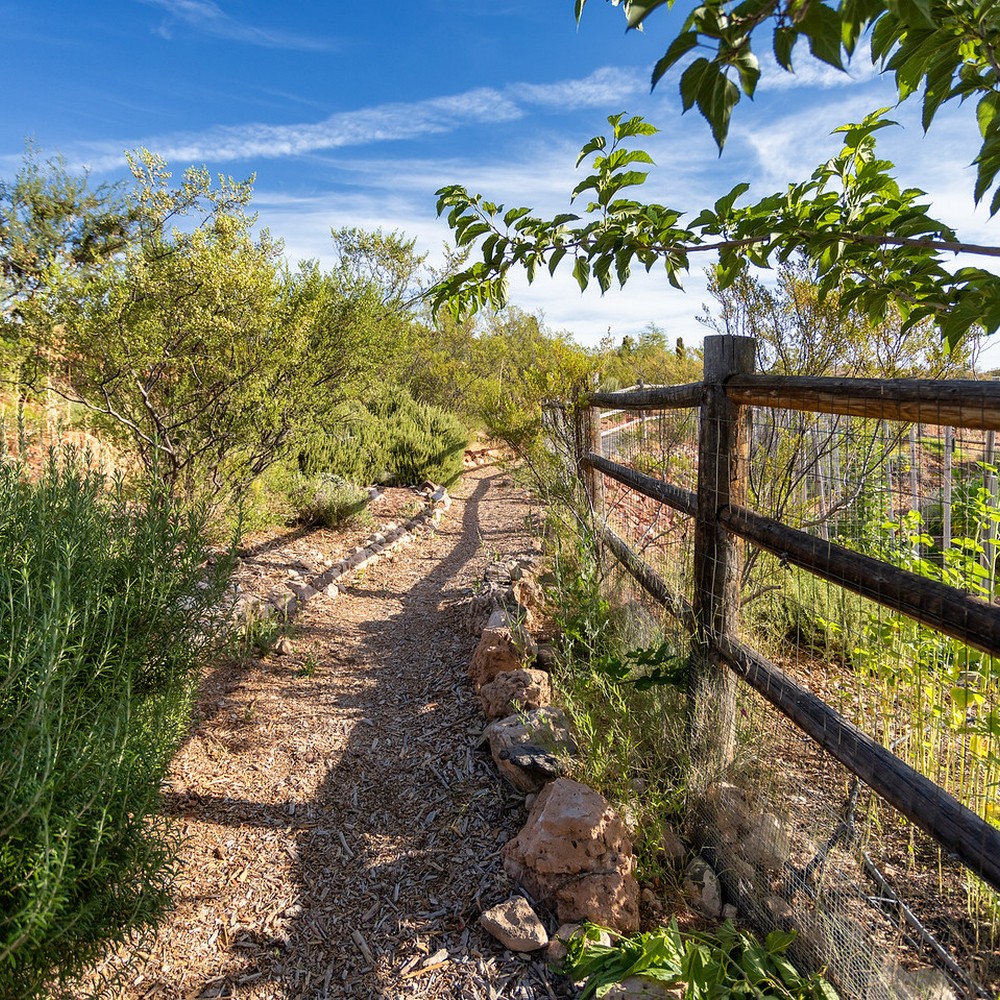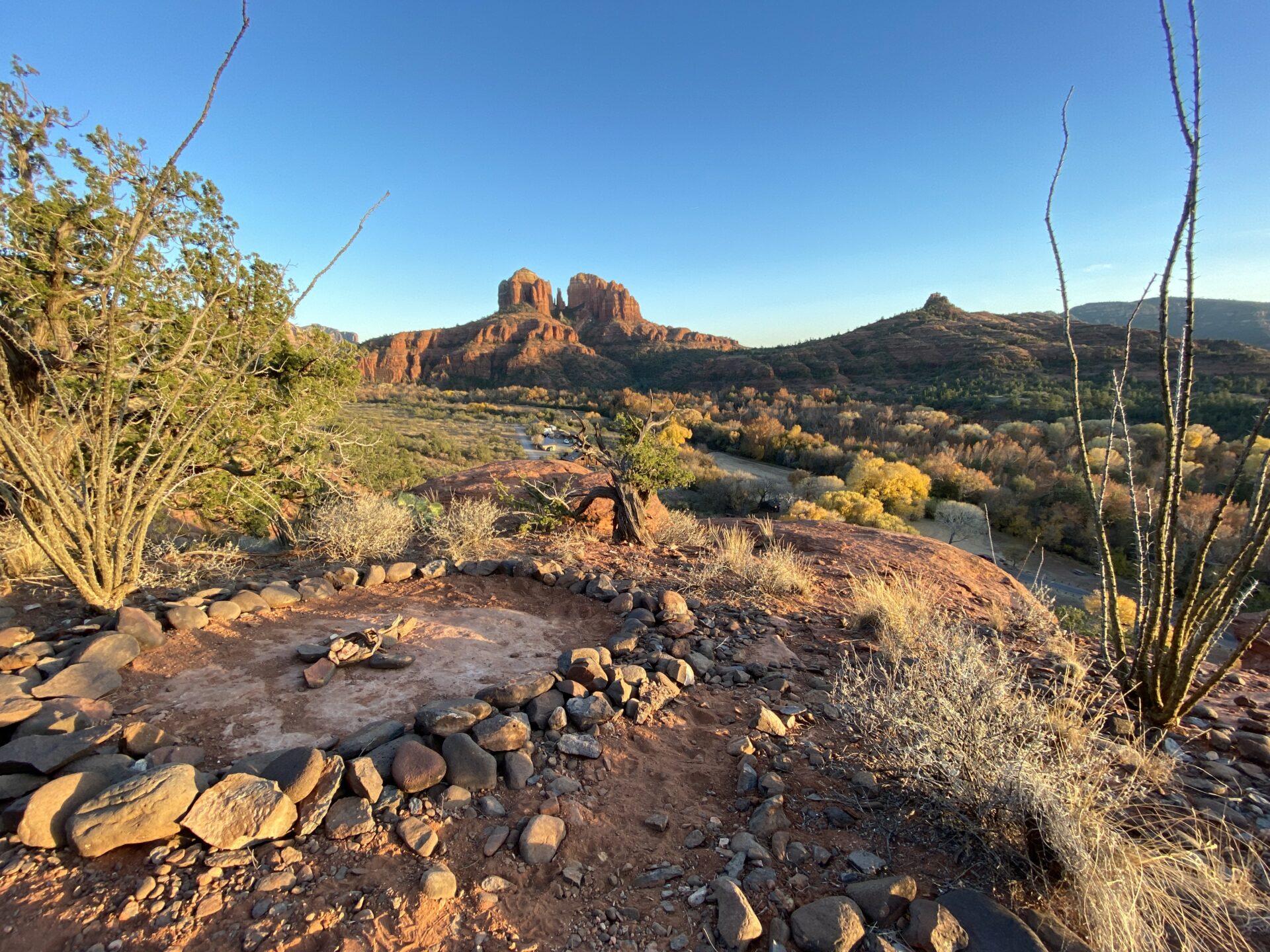Ecotherapy — often referred to as nature therapy — involves individuals going out in nature to promote healing. For it to be considered therapy, it needs to include a therapist, greenery and nature, and an appreciation or exploration of the outdoors. Interested in learning more? Call us at (866) 750-0763 to speak with a counselor.

What Are Ecotherapy Benefits?
Nature therapy provides many benefits to people recovering from addiction and trauma. Advantages include:
- Decreased anxiety.
- Lower stress.
- Fewer symptoms of depression.
- Clearer thinking.
- Improved self-awareness.
- Enhanced connections with others.
- More mindfulness.
- Increased environmental awareness.
- Improved sensory awareness.
Working in or with nature has proven to be highly beneficial for anyone, especially for people experiencing addiction or trauma, because of the issues associated with losing their sense of self and place in the world.
Types of Ecotherapy Activities
Numerous types of ecotherapy can help people on their recovery and healing journeys. These types of therapy activities include:
- Crafts: Crafting can include painting nature or greenery, using natural materials like clay or wood or making art inspired by nature.
- Dark nature: These activities occur at night — one example is stargazing.
- Animal-assisted interventions and therapy: For interventions, you’ll go to a place like a farm and pet or feed animals. Therapy involves building therapeutic relationships with animals.
- Conservation: Conservation therapy activities combine protecting the planet with exercise.
- Therapeutic horticulture: This activity revolves around gardening, including at community gardens. You may also sell home-grown produce or plants.
- Adventure therapy: Adventure therapy helps you explore nature either individually or with others. Popular activities include rock climbing and rafting.
- Green exercise: The goal of green exercise is to do a physical activity in a green space, such as running or riding a bike.
- Wilderness therapy: You will go into the wild with other people and practice activities like building shelters and hiking.
- Therapeutic farming: You will perform farm-related activities such as growing crops or caring for animals.
Your practitioner will help determine which activities will work best for your treatment plan and assist with implementation.
How Ecotherapy Assists in Addiction Recovery
Addiction influences all aspects of a person’s life, including their mental, physical, spiritual and emotional health. Ecotherapy is a holistic treatment option that helps foster new skills and increase comfort during the beginning of your recovery journey.
Nature therapy allows you to learn how to manage and cope with feelings of stress and anxiety without turning to substances. It can also play a role in helping you reconnect with and express your emotions.
Another crucial part of ecotherapy is its ability to improve your self-esteem. Many individuals report feeling better about themselves after they learn new skills, apply them and experience a sense of accomplishment. Harvesting what you planted in a garden, for example, can bring you joy and a renewed sense of purpose.

Start Healing in Nature With the Help of The Sanctuary
Revitalization, rebirth and renewal of the mind, body and spirit can happen in nature, all of which are beneficial during the substance use disorder recovery process. If you would like to try this and other holistic treatment options, The Sanctuary at Sedona can help. Call (866) 750-0763 to speak with a counselor today!



